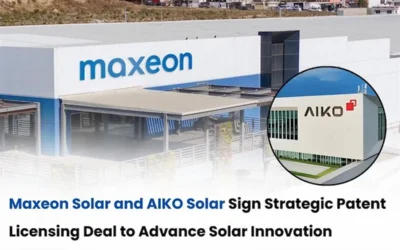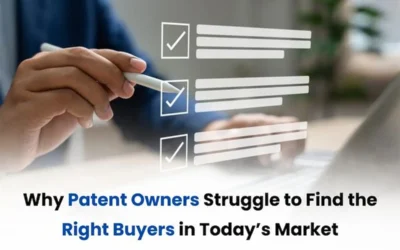
In today’s technology-driven world, innovation has become the new gold mine for companies, investors, and entrepreneurs. Any valuable invention, especially in the field of software, can be a massive business opportunity. However, not every inventor aims to build a company around their software; some simply want to generate income from their intellectual property. This is where monetizing software patents comes in — a powerful way to turn innovation into profit. But monetizing software patents is not always easy. It requires the right strategies, planning, and understanding of both technology and the legal landscape. In this article, we’ll explore the most effective strategies for monetizing software patents. Keep reading to learn how to turn your software patents into real financial value.
What Is a Software Patent and Why Is a Strategy Important for Monetizing It?
Before understanding the strategies for software patent monetization, it’s important to first know what a software patent actually means. A software patent is a legal protection granted for an invention that’s directly related to software — such as a process, algorithm, or method developed through coding. This protection gives the patent holder exclusive rights over the invention, preventing anyone else from using, copying, or selling it without permission.
However, just having a patent isn’t enough. Many businesses and investors own valuable software patents but fail to earn from them due to poor planning or a lack of direction. The tech world moves fast, and without a proper strategy, patent holders can easily miss major opportunities to make their innovations profitable. That’s why having strong software patent monetization strategies — like licensing, partnerships, or technology transfers — is essential to turn these protected ideas into real financial success.
What Are the Best Strategies to Monetize Software Patents?
To understand, there are some of the best strategies for monetizing software patents. The key is to match the right strategy with your goals — whether that’s steady income through licensing, quick capital from selling, or long-term advantage through partnerships.
- Licensing Your Patents: One of the most common and effective ways to monetize software patents is through patent licensing. This means allowing another company to use your patented technology in exchange for a royalty or licensing fee. You can offer exclusive licenses (to one company) or non-exclusive licenses (to multiple companies). Licensing lets you earn a steady income while still keeping ownership of your patent.
- Selling the Patent (Outright Sale): If managing a patent portfolio or enforcing rights is not feasible, you can sell your patent to another company for a lump-sum payment. This gives you immediate profit and transfers all rights to the buyer. Many startups use this approach to raise quick capital or focus on new innovations.
- Partnerships and Collaborations: Partnering with larger companies or investors can help you commercialize your patented software faster. Through joint ventures or partnerships, you can integrate your technology into real-world products while earning revenue or equity in return.
- Patent Enforcement: If another company is using your patented technology without permission, you can take legal action to stop them and claim damages. Although litigation can be expensive, it can result in significant compensation and set a strong precedent for future licensing deals.
Read Also: How to Maximize the Value of Your Patent Through Smart Licensing Strategies
Conclusion
In the fast-paced world of technology, owning a software patent is only the first step — knowing how to monetize it is what truly creates value. A strong monetization strategy helps inventors, startups, and companies transform their innovations into profitable assets while protecting their intellectual property. Whether it’s through licensing, selling, partnerships, or enforcement, each approach offers unique opportunities to generate revenue and strengthen market presence.









